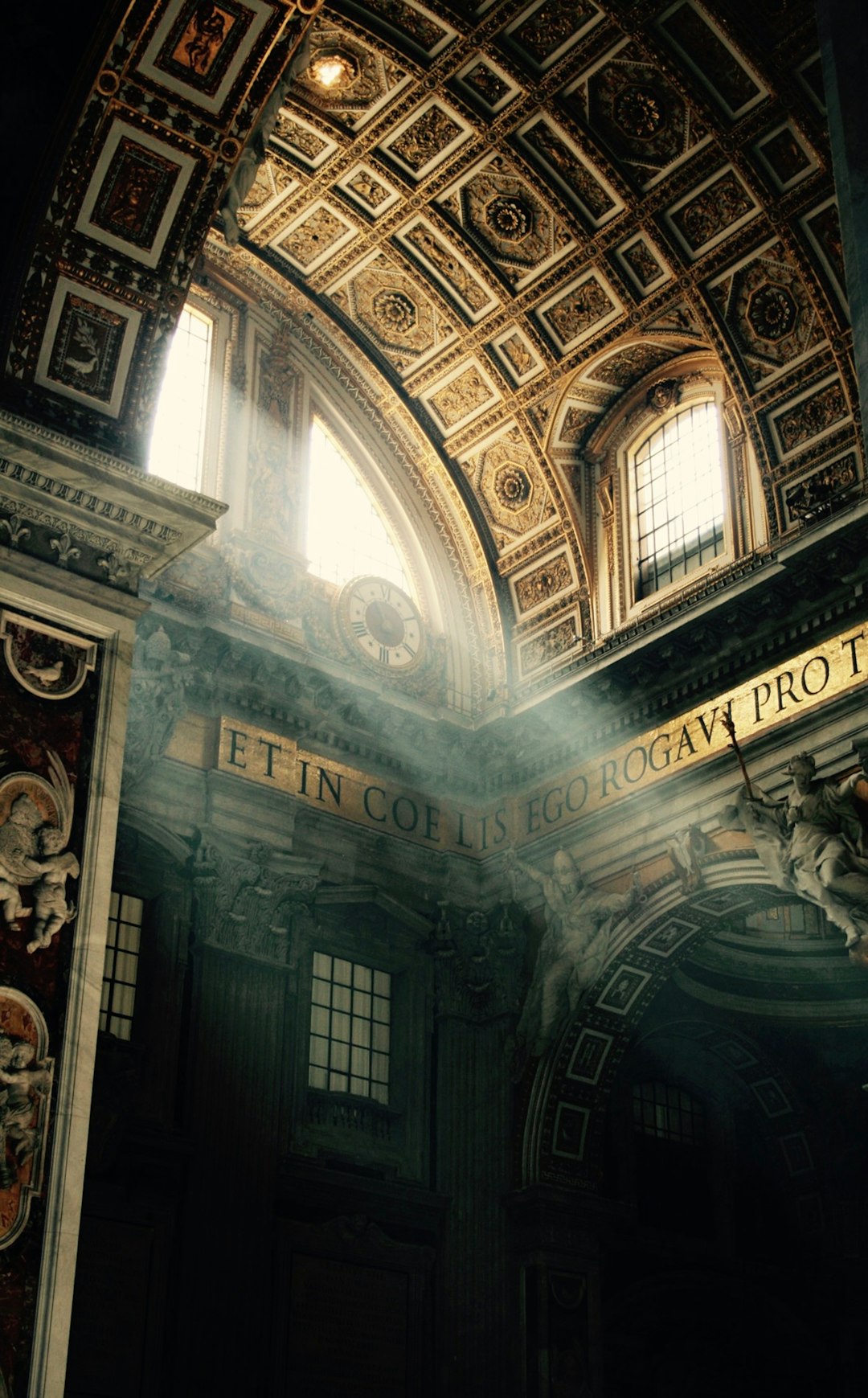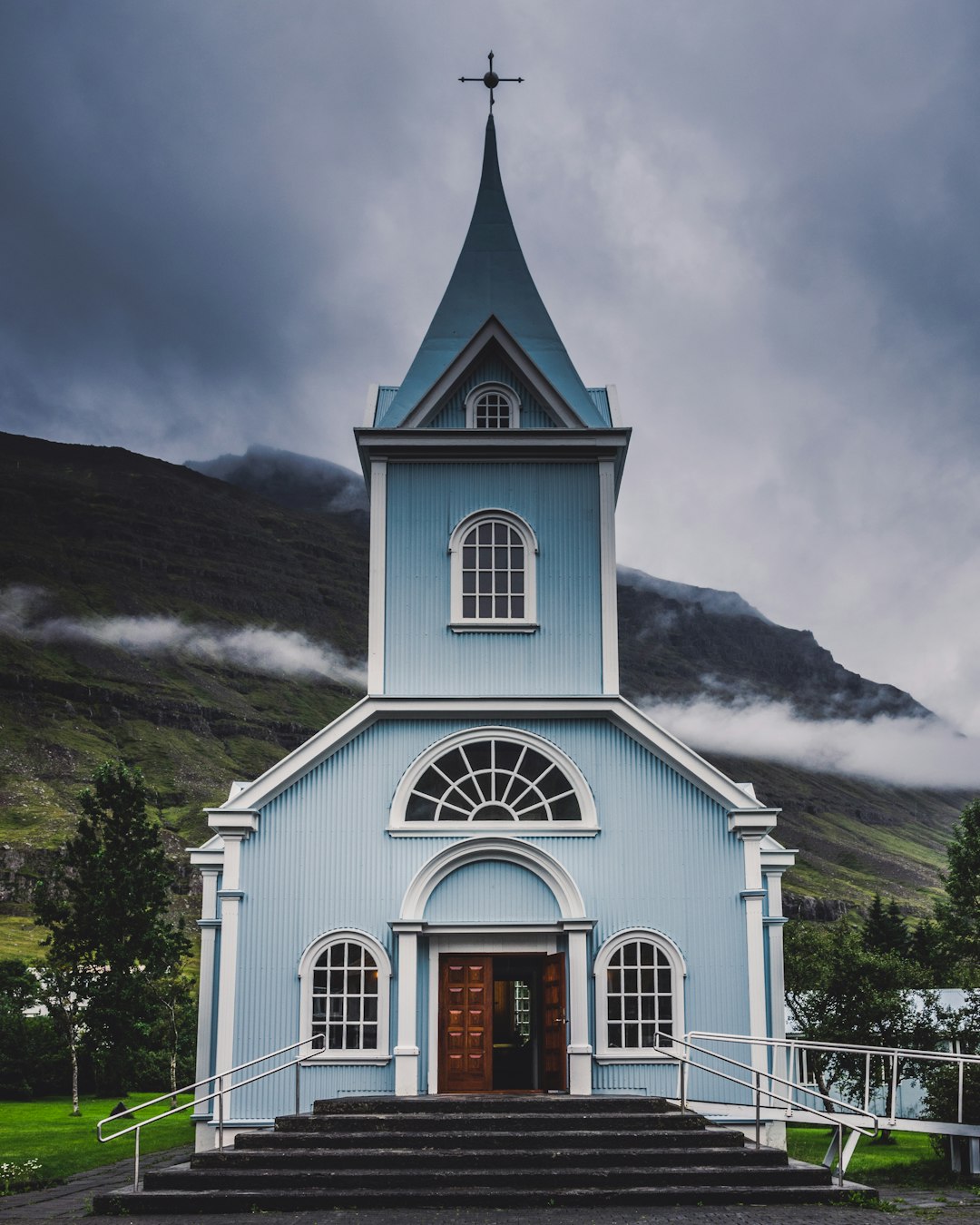Clergy abuse, a national and South Carolina issue, involves sexual, emotional manipulation within religious communities. Survivors may struggle to identify abuse due to cultural secrecy. Clergy abuse lawyers South Carolina help navigate legal protections, seek healing, and hold perpetrators accountable through civil lawsuits for negligence, breach of duty, or harm. It's crucial to gather evidence and consult experienced attorneys who can guide filing a lawsuit, negotiate settlements, and represent in court. Specialized lawyers connect survivors to support, resources, and compensation for therapy, restitution, and damages.
In South Carolina, survivors of clergy abuse face unique challenges. This comprehensive guide explores legal options available to those affected by sexual or emotional misconduct within religious institutions. We delve into the complexities of recognizing and defining clergy abuse, the state’s legal framework, and crucial steps to file a case. Additionally, we highlight support resources and compensation options designed to foster healing for survivors. For those seeking justice and closure, this resource offers guidance from top-rated clergy abuse lawyers in South Carolina.
Understanding Clergy Abuse: Recognizing and Defining

Clergy abuse is a sensitive and complex issue that often involves power dynamics, trust betrayal, and emotional trauma. In South Carolina, as in many parts of the country, clergy abuse can take various forms, including sexual harassment or assault, emotional manipulation, and exploitation of vulnerable individuals within religious communities. Recognizing and defining this type of abuse is crucial for survivors to understand their experiences and seek appropriate legal recourse with the help of clergy abuse lawyers South Carolina.
Survivors may struggle to identify abuse due to cultural norms promoting secrecy and silence around sexual or emotional misconduct by figures of authority. It’s important for individuals affected by a cleric’s inappropriate behavior to recognize patterns of control, manipulation, or coercion as potential signs of abuse. By understanding these dynamics, survivors can take the first step towards healing and justice, often facilitated by legal professionals specializing in clergy abuse cases.
Legal Framework in South Carolina for Survivors

In South Carolina, the legal framework offers survivors of clergy abuse a path toward justice and healing. The state has specific laws in place to protect individuals from sexual or physical harassment within religious organizations, providing a solid foundation for those seeking to hold perpetrators accountable. Survivors can take advantage of these legal provisions by consulting with experienced clergy abuse lawyers who specialize in such cases.
These attorneys play a crucial role in navigating the complex legal landscape, ensuring that survivors’ rights are protected and that they receive the support they deserve. They guide clients through various legal options, including filing civil lawsuits for negligence, breach of fiduciary duty, or direct harm caused by the abuse. By leveraging South Carolina’s laws and regulations, clergy abuse lawyers can help survivors seek compensation and deliver a powerful message that such misconduct will not be tolerated.
Steps to File a Case: Rights and Resources

If you are a survivor of clergy abuse in South Carolina, taking legal action can be a significant step towards healing and justice. Here’s what to expect when filing a case:
1. Identify Your Rights: Understand that clergy abuse is a form of sexual harassment or assault, and it’s illegal under South Carolina law. You have the right to seek compensation for your suffering. Consult with experienced clergy abuse lawyers in South Carolina who can guide you through the legal process and ensure your rights are protected.
2. Gather Evidence: Collect any evidence that supports your claim, such as documentation of the abuse, records from your time at the church or religious institution, witness statements, or any communications related to the incident(s). This will be crucial for building a strong case.
3. Choose Your Legal Path: Depending on the circumstances, you may have options like filing a civil lawsuit against the clergy member, the church, or both. A lawyer specializing in clergy abuse cases can help determine the most appropriate legal strategy. They can also assist with negotiating a settlement or representing you in court if needed.
Support and Compensation: Options for Healing

For survivors of clerical abuse in South Carolina, seeking support and compensation is a crucial step on the path to healing. Many victims feel isolated or ashamed, but there are resources available to help them navigate this difficult journey. Connecting with specialized clergy abuse lawyers in South Carolina can provide vital guidance and ensure their rights are protected. These legal professionals understand the complexities of these cases and can offer options for seeking justice and restitution.
Support groups, counseling services, and financial compensation can all play a role in an individual’s recovery. Clergymen abuse lawyers can help survivors access these resources while pursuing legal action against responsible parties. Whether it’s securing therapy to process trauma or fighting for monetary damages to cover medical expenses and lost wages, these attorneys advocate for the rights of victims to receive the care and compensation they deserve.






